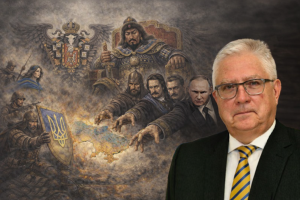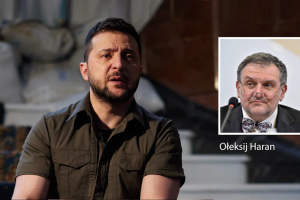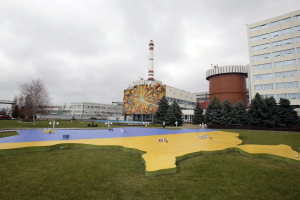How do the temporarily non-controlled territories subsist? Horizontal communication trends between residents of the divided region
 Authors:
Authors:
Petro Burkovsky
Ruslan Kermach
A study of the horizontal communication features between residents of the Ukraine-controlled part of Donetsk and Luhansk regions with citizens who reside in the non-controlled part of Donbas (also known as separate districts of Donetsk and Luhansk regions or further – SDDLR) was conducted in February 2018 and involved nearly 80 respondents in 8 settlements of the region. Research findings allow for better understanding of the nature and features of interaction between residents of divided Donbas, as well as the specificity of social moods in Ukraine’s temporarily non-controlled part of the region, including public perceptions and assessments of the conflict by residents of the SDDLR, their urgent problems, fears and anxieties, future expectations, information requests, and interests and attitudes towards various sources of information.
The research material could be used in the context of devising state policy in the Donbas that is more effective and acceptable to public sentiment and for implementing needed targeted measures aimed at understanding, bolstering public trust and further reintegration of the region into Ukraine.
The material is intended for representatives of state governmental bodies and ministries who are responsible for information policy and interaction with residents of Donetsk and Luhansk regions, communication experts, donor institutions, political scientists, sociologists and other social scientists, journalists, civil society organizations who carry out communication, as well as other campaigns in eastern Ukraine.
This study was prepared by the Ilko Kucheriv Democratic Initiatives Foundation as part of the Ukraine Confidence Building Initiative (UCBI II) that is financed by the U.S. Agency for International Development (USAID). The conduct of this research was made possible thanks to the generous support of the American people made through USAID. The content of this report is the sole responsibility of the Ilko Kucheriv Democratic Initiatives Foundation and does not necessarily reflect the views of USAID or the US government. It is prohibited to reproduce or use any parts of this report in any format, including graphically, electronically, copying or used in any other form, or without citing the original source.








